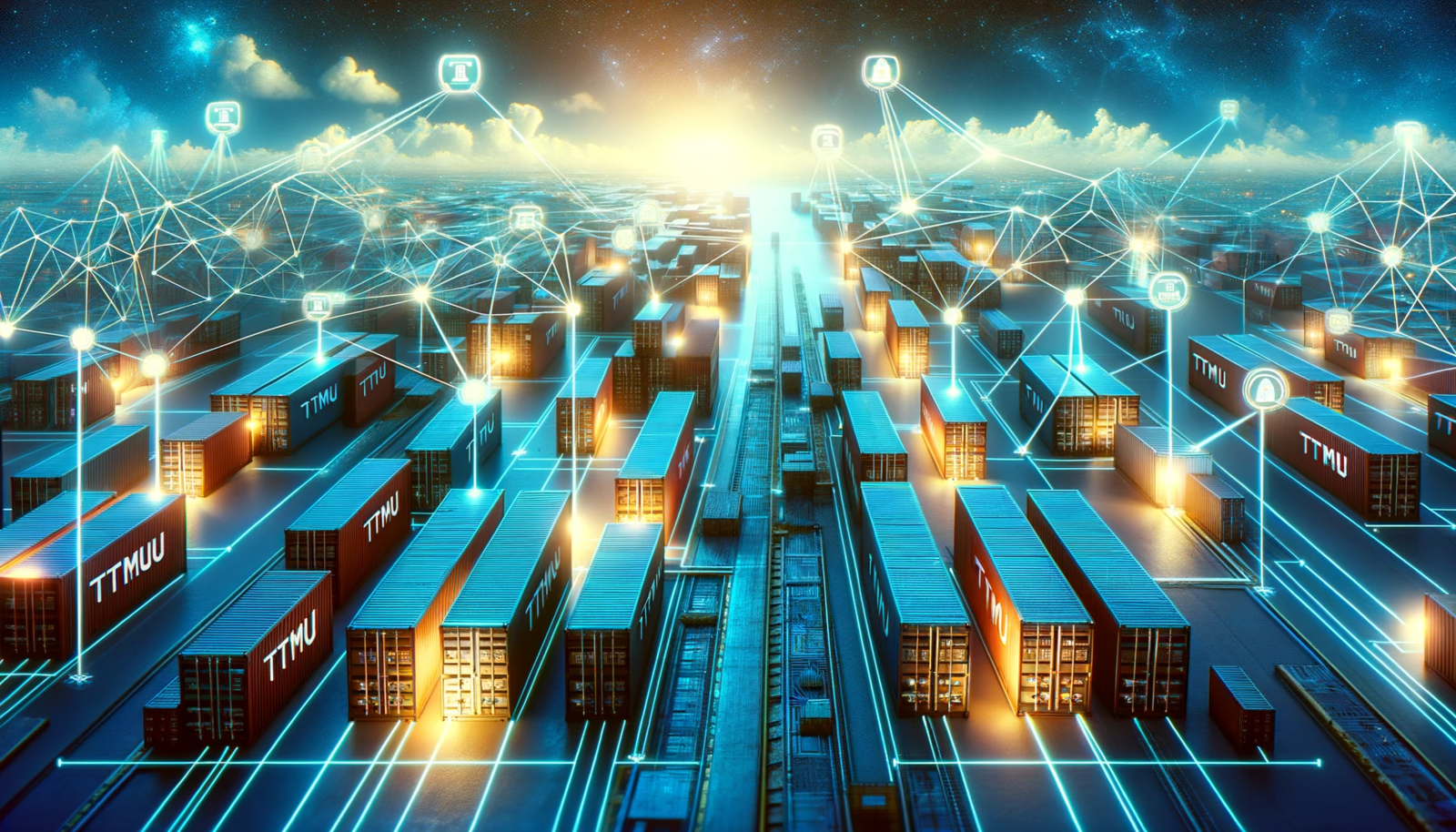
Ahoy, dear readers! The container shipping industry, a linchpin of global trade, is undergoing a digital revolution. At the heart of this transformation lies the synergy between digital platforms and blockchain technology. This blog takes an in-depth look at how these innovations are reshaping the way we book, track, and manage container shipments, and the potential of blockchain in fostering transparency and security in these processes.
Digitalization: Steering Shipping into the Future.
Digital platforms have become the new standard in the shipping industry. From booking to tracking, these platforms offer a level of efficiency and accessibility that traditional methods can't match.
Revolutionizing Booking Processes : Digital booking platforms have streamlined the once cumbersome process of securing container space. Shippers can now book cargo space with just a few clicks, much like booking a flight online. This ease of use not only saves time but also opens a wealth of data, allowing for more informed decision-making.
Real-Time Tracking and Management: Advanced tracking systems have brought an unprecedented level of transparency to the shipping process. Shippers can now monitor their containers in real-time, gaining insights into location, temperature, humidity, and even the container's movement. This real-time data is invaluable in managing logistics, reducing delays, and optimizing supply chains.

Blockchain: The Anchor of Trust and Transparency.
Blockchain technology offers a level of security and transparency that is particularly suited to the complexities of container shipping.
Decentralized Ledger for Enhanced Transparency: At its core, blockchain is a decentralized ledger that records transactions across multiple computers. In the context of container shipping, this means every movement and transaction of a container can be recorded and verified on a blockchain network. This decentralized approach ensures that data is not only secure but also transparent and immutable, fostering trust among all parties involved.
Simplifying Documentation with Blockchain: The traditional paper trail in shipping, especially the Bill of Lading (B/L), is fraught with inefficiencies and risks. Blockchain can revolutionize this by digitizing the B/L, making it secure, easily transferable, and tamper-proof. This not only reduces the risk of fraud but also significantly speeds up the documentation process, saving time and money for all stakeholders.
Enhancing Security Measures: Blockchain's inherent security features are a significant boon for the shipping industry, where cybersecurity is a growing concern. By employing cryptographic protections and a decentralized data model, blockchain significantly mitigates the risks of data breaches and cyber-attacks.

Challenges on the Horizon.
While the benefits of blockchain in shipping are clear, there are challenges to its widespread adoption. These include the need for industry-wide standardization, overcoming regulatory hurdles, and ensuring interoperability among different blockchain systems. However, the potential rewards - improved efficiency, reduced costs, and enhanced security - make the pursuit of these solutions worthwhile.
The Road Ahead: Embracing Digital Transformation.
The integration of digital platforms and blockchain in container shipping marks the beginning of a new era in maritime trade. As these technologies continue to evolve, they promise to make the industry more efficient, secure, and transparent. For businesses and consumers alike, this digital transformation is not just a matter of convenience; it's a strategic imperative in a globally connected world.


